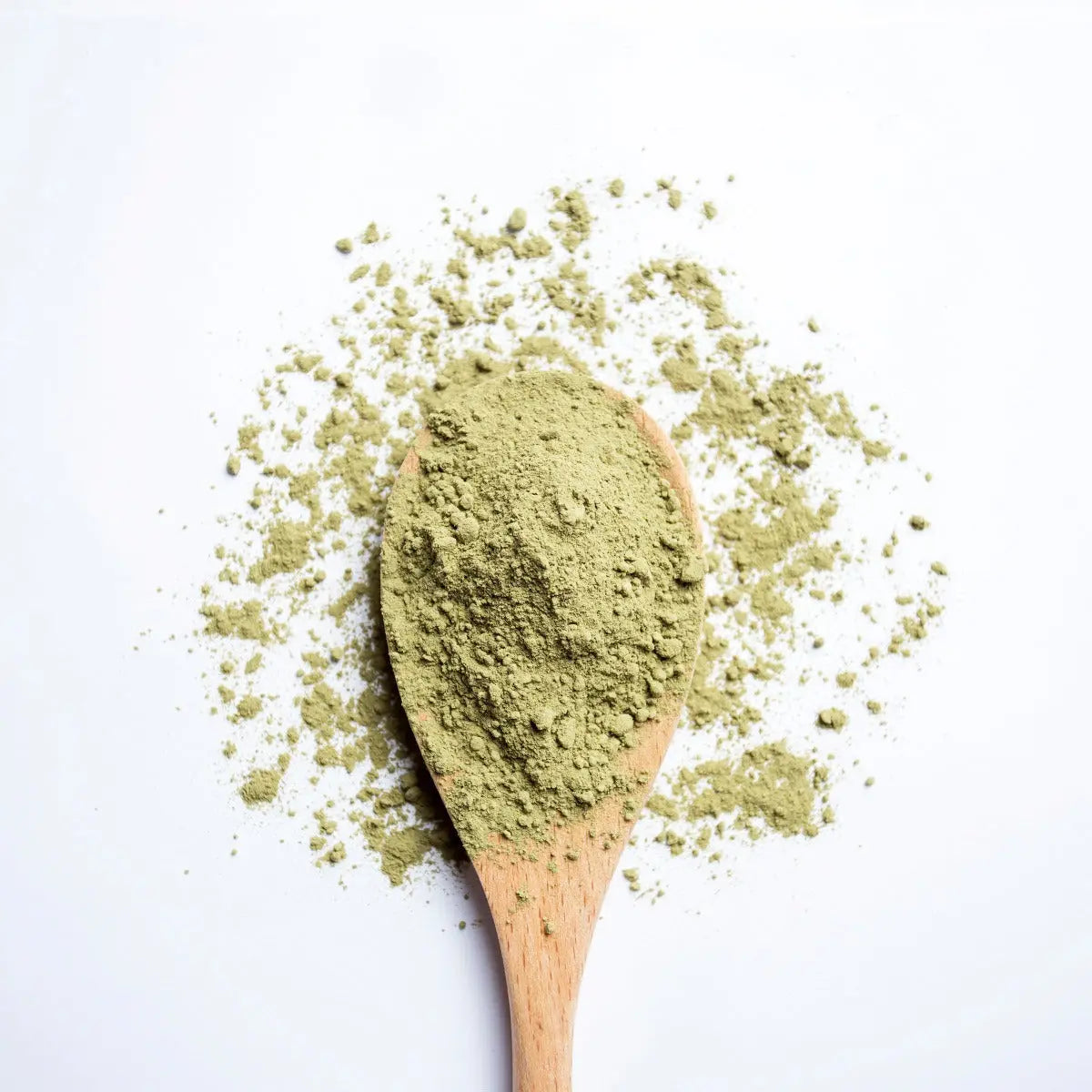Good news for loose tea fans: so-called "tea bags" release millions of nanoplastic and microplastic particles when infused, according to mutagenesis researchers at the University of Alabama in Birmingham. Oh, you thought they were made of paper? Most commercially available ones are made of "nylon-6, polypropylene and cellulose."
The study shows for the first time the capacity of these particles to be absorbed by human intestinal cells, and are thus able to reach the bloodstream and spread throughout the body. … The study shows that, when brewing tea, polypropylene releases approximately 1.2 billion particles per milliliter, with an average size of 136.7 nanometres; cellulose releases about 135 million particles per milliliter, with an average size of 244 nanometres; while nylon-6 releases 8.18 million particles per milliliter, with an average size of 138.4 nanometres.
One achievement of the research is showing that mucus-producing intestinal cells had the highest uptate of plastics, "with the particles even entering the cell nucleus that houses the genetic material."


